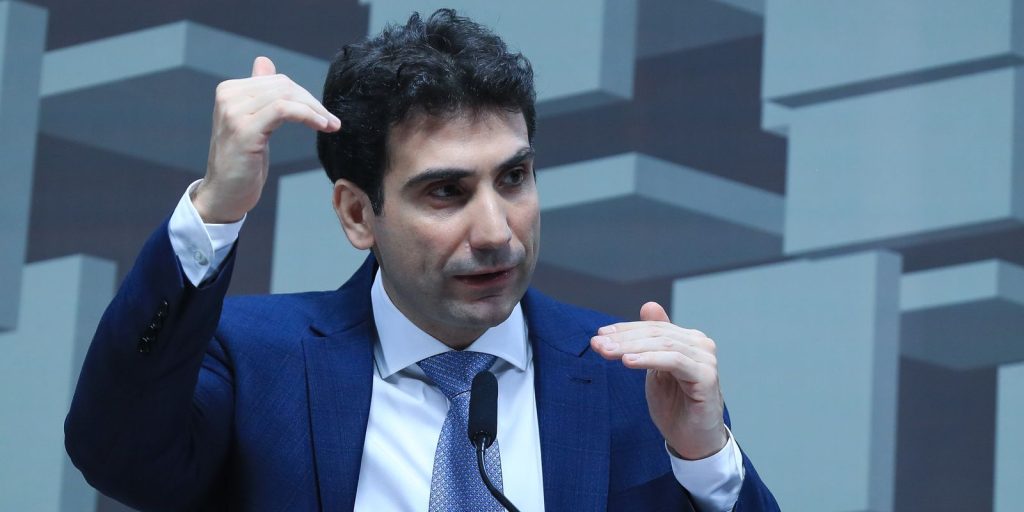In Bucaramanga, a group of health professionals performed a surgery that surprised many, by performing an intervention on an 18-year-old young man while he remained awake
Colombia News
A surgery in Bucaramanga has won all the applause. Young patient was awake and playing flute while doctors removed a brain tumor.
Also read:
The procedure, which lasted five hours, was an example of the impressive capacity of the human brain and the advancement of modern surgical techniques.
The young man, who suffered from a brain tumor that causedto episodes of forgetfulness, He was conscious throughout the intervention. While the surgeons worked on the tumor, the patient not only played the flute, but also spoke and read.
This innovative technique was used to preserve the young man’s neurological functions, especially those related to language and motor skills.

In the Noticias Caracol note, they explained that the main objective of the surgery was to prevent the tumor from affecting crucial areas of the brain that control vital functions.
Surgeons used music as a key tool to identify sensitive brain areas. dIn this way, they were able to determine precisely which parts of the brain could be intervened without compromising important neurological functions..
Music as a guide to brain surgery
During the operation, the doctors They asked the patient to play the flute continuously. If the music played normally, the surgeons knew they could safely operate on that area of the brain.
However, if the flute sounded incorrectly or out of tune, doctors interpreted that area as critical and should be avoided.

This approach, known as “awake brain surgery,” is used to perform brain tumor resections in delicate areas, such as areas that control speech and motor movements.
Thanks to this intervention, surgeons were able to successfully remove the tumor without compromising the young man’s ability to play the flute or his ability to speak.
A resounding success: The young man recovers his memory and abilities
The 18-year-old, who had suffered memory problems due to the tumor, will not only see his mental condition improve, but will also retain the ability to play the flute, one of his passions. Just four days after surgery, the patient was discharged, evidencing the success of the operation.

The intervention not only demonstrates the incredible adaptive capacity of the human brain, but also the potential of surgical techniques that allow complex procedures to be performed without affecting the patient’s essential functions.
















